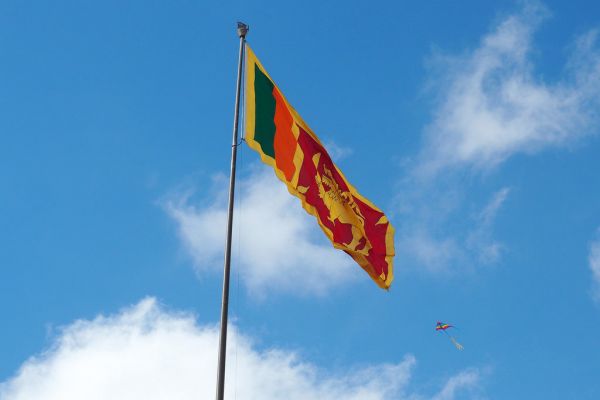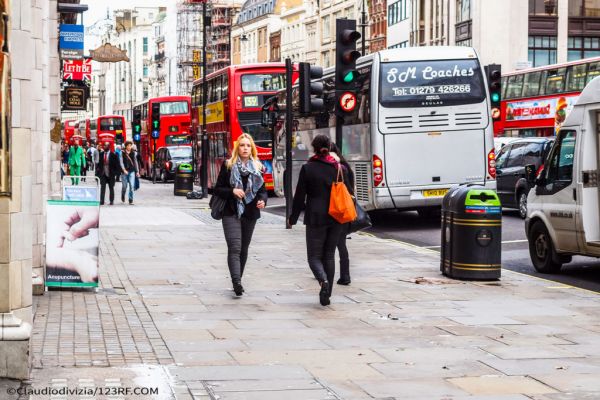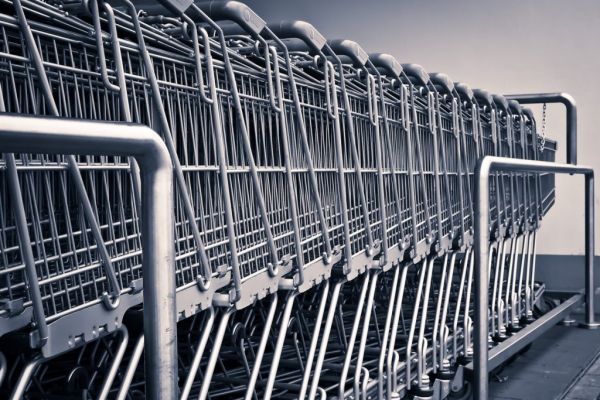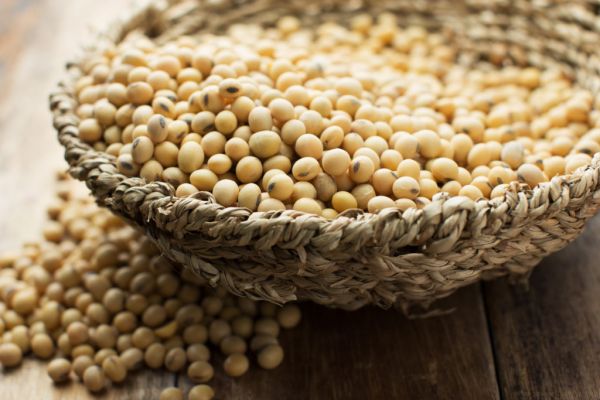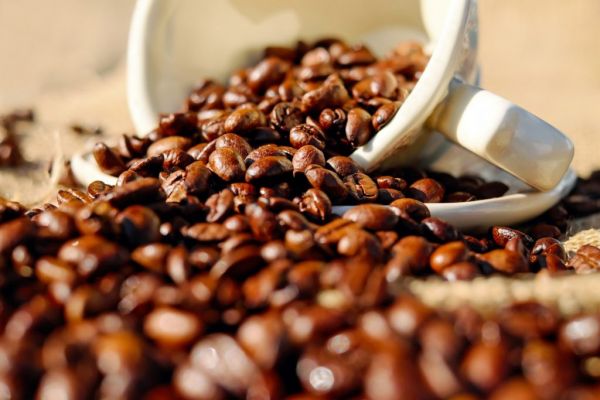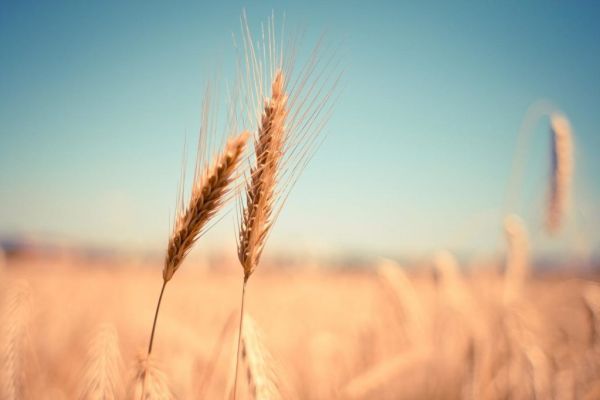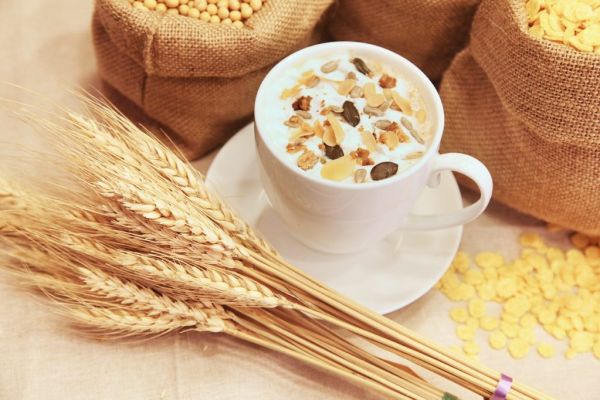Sri Lanka plans to bring in new laws to deter hoarding and increase penalties on traders to tackle food shortages caused largely by the country's deteriorating forex reserves.
Shortages of essential foods including rice, sugar and milk powder in recent months pushed the government to declare a food emergency last week, empowering authorities to seize stocks of staples and sell them at guaranteed prices.
Sri Lanka imports a large part of its food supplies and the shortages have in part been triggered by an imports ban due to the country's dwindling foreign exchange reserves and a sharp depreciation in the rupee.
Logistical Bottlenecks
Production shortages and logistical bottlenecks due to a fresh wave of the COVID-19 infections have also been factors.
"The price controls are essential at this time. But we hope they will not be long term. We do not see a food shortage in the country," state minister for consumer protection Lasantha Alagiyawanna told the media.
The government will present a new law in parliament on Tuesday (7 September) aimed at strengthening consumer protection and increasing penalties on errant traders, he added.
Alagiyawanna said Cabinet approval had already been given for importers to continue imports and expressed confidence that new stocks of essential items will reduce prices.
Importers Wary Of Measures
With the rupee having already lost 7.5% against the dollar so far this year, importers are worried price controls will further discourage imports.
"Commodity prices are increasing in global markets, so long- term domestic price controls are unfeasible. Currently banks are giving dollars for essential food items but unless the government steps in to manage the rupee it will be difficult to keep prices stable," Essential Commodities Importers' Association chairman, G Rajendran said.
Rajendran estimated that Sri Lanka needs about $100 million for essential food imports each month for items such as lentils, sugar, onions, potatoes, spices and cooking oil.
'Stringent Measures'
Shop owners too are worried more stringent measures will impact them unfairly.
"We sell at the prices the wholesalers give us. Small shop owners also have to make a living and our margins are being squeezed so much we have almost nothing," a grocery shop owner W A Jayasekera said.
Sri Lanka's main opposition, the Samagi Jana Balawegaya (SJB), has said the government declared a food emergency in "bad faith" and "with an ulterior motive of further wrongfully restricting the fundamental rights of the citizenry".
Alagiyawanna at the briefing rejected the claims made by the opposition and said the government was only working in the interests of the people.
Meanwhile, world food prices jumped in August after two consecutive months of decline, pushed up by strong gains for sugar, vegetable oils and some cereals, according to the latest data from Food and Agriculture Organisation (FAO).
News by Reuters, edited by ESM. For more Supply Chain news, click here. Click subscribe to sign up to ESM: European Supermarket Magazine.
